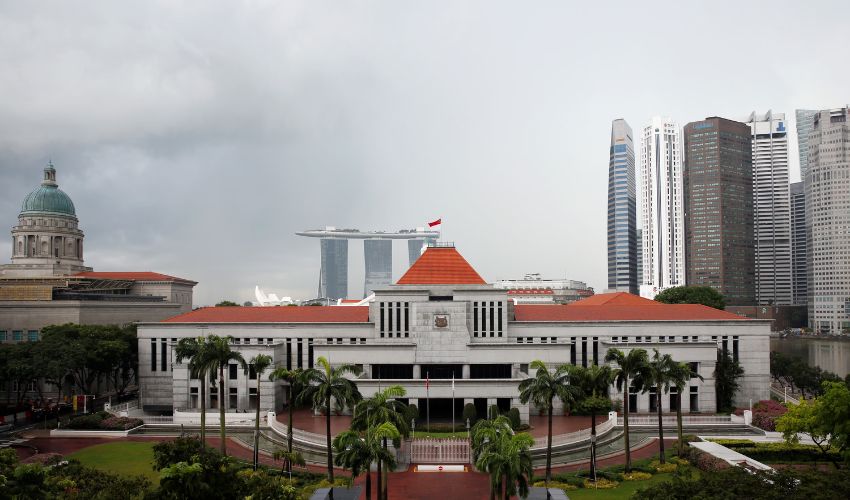Montenegro began three days of national mourning on Thursday after a gunman killed 12 people, including two children, in a rampage near Cetinje.
The 45-year-old attacker died after shooting himself in the head when he was surrounded by police following an hours-long manhunt, authorities said.
The killings began around 5:30 pm on Wednesday at a restaurant in Bajice, a village near Cetinje, police reported.
Prosecutor Andrijana Nastic confirmed that 12 victims were killed, including two children aged 10 and 13, across five different locations. The first four victims were shot at the restaurant, Nastic stated.
Four people sustained serious injuries and were taken to a hospital in Podgorica, where they remained in intensive care, hospital officials said.
The streets of Cetinje and Bajice were deserted on Thursday, with police stationed at the gunman’s house. Podgorica mayor Sasa Mujovic announced plans to light candles for the victims at the capital’s main square later in the evening.
Police chief Lazar Scepanovic said the suspect had consumed alcohol throughout the day before arguing with another restaurant guest. After returning home to retrieve a weapon, he killed four people at the restaurant before targeting others at different locations.
Authorities ruled out links to organised crime and confirmed that the firearm used in the attack was illegal.
Prime Minister Milojko Spajic described the incident as a "terrible tragedy" and said it stemmed from a "restaurant fight". He announced plans to tighten Montenegro’s gun ownership laws.
The National Security Council scheduled a meeting on Friday to discuss challenges related to illegal weapons and potential police recruitment, a government statement said.
Spajic posted on X that all options, including a total ban on weapon possession, would be reviewed.
Montenegro has approximately 245,000 firearms in circulation, according to the Small Arms Survey. Despite this, mass shootings remain uncommon in the Balkan country of 620,000 people.
In 2022, Cetinje witnessed another tragedy when a man killed 10 people, including two children, before being shot dead.
Cetinje, a town of 13,000 people and the former royal capital, has faced economic struggles and is a known stronghold for organised crime. Clashes between rival mafia groups have occurred sporadically, including a deadly blast at a sports centre in June.
Authorities have vowed to address organised crime and corruption as part of Montenegro’s efforts to join the European Union.



























